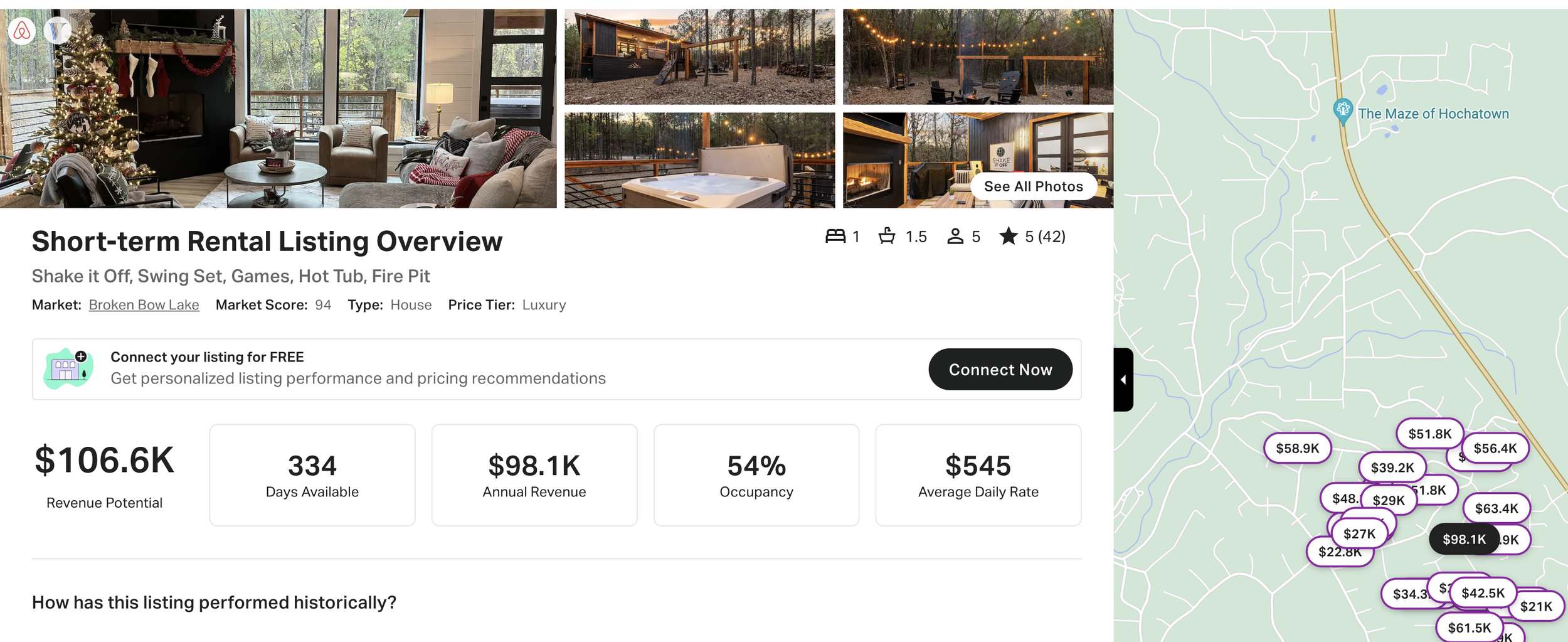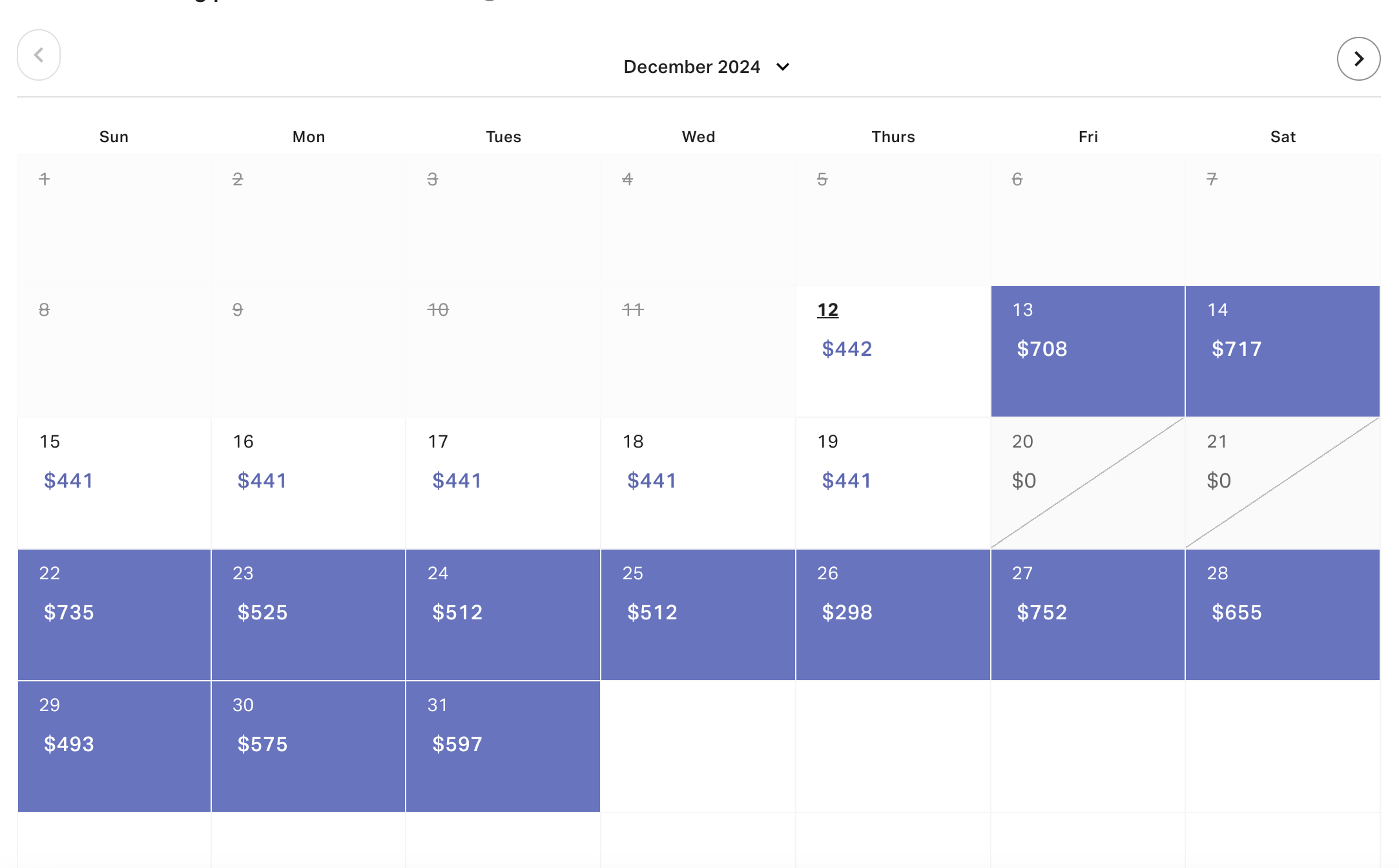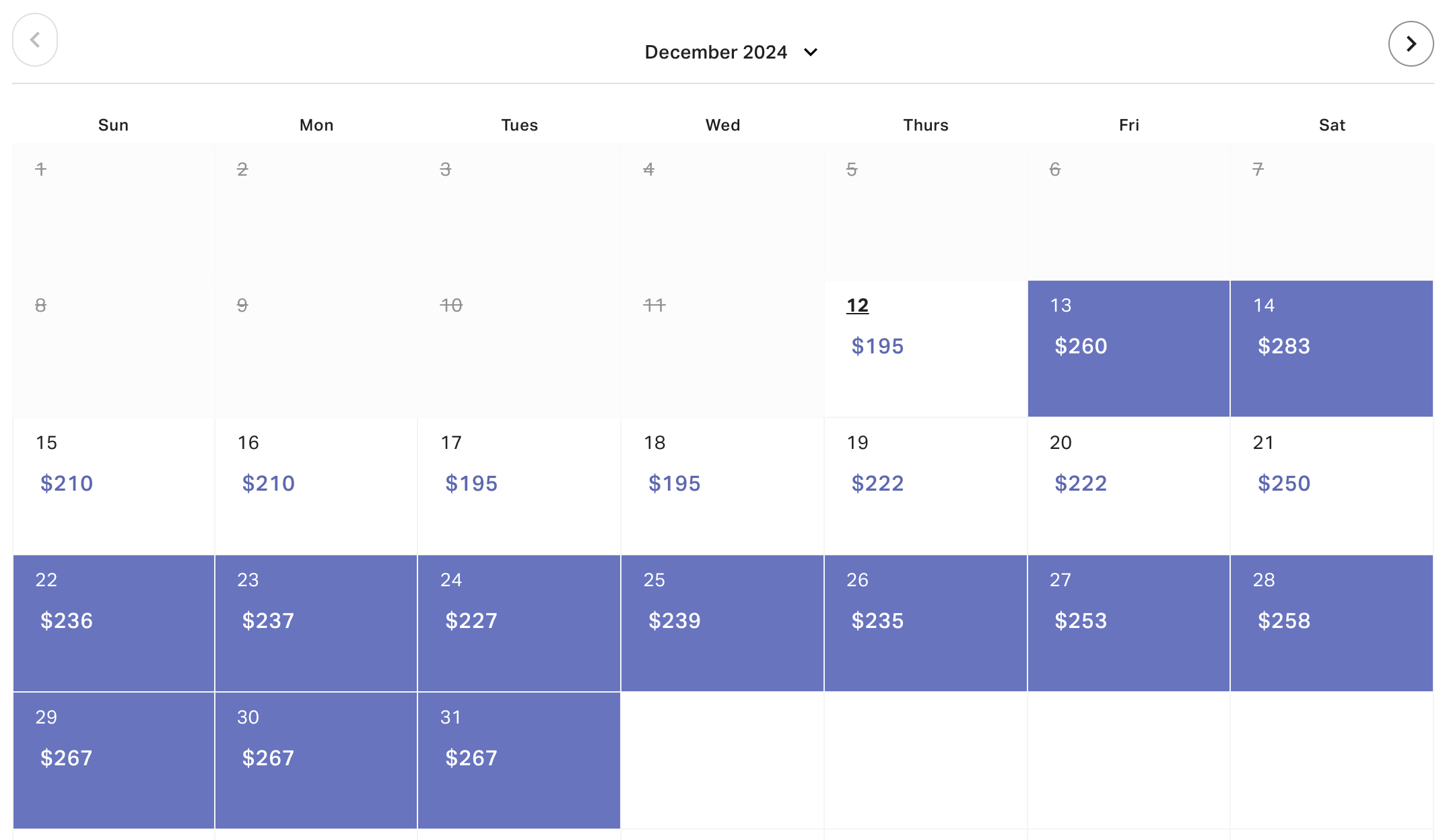The Legal Side of Short-Term Rentals: What Hosts Need to Know
The legal landscape surrounding short-term rentals is complex and varies significantly by location. Hosts must navigate a myriad of regulations, including zoning laws, taxes, and licensing requirements, to ensure compliance and avoid potential legal issues. This article provides an overview of the key legal considerations for Airbnb and VRBO hosts.
Zoning Laws and Property Use Restrictions
Zoning laws dictate where short-term rentals are allowed and often require specific permits. Some cities have strict regulations, while others are more lenient. For example, cities like New York have stringent restrictions, while others may allow short-term rentals with minimal oversight. Homeowner Associations (HOAs) also play a role by setting community standards that may restrict short-term rentals.
Licensing and Permits
Most cities require hosts to obtain a business license and short-term rental permit. These permits ensure compliance with local regulations and safety standards. For instance, San Francisco requires registration and adherence to specific rental frequency rules. Hosts must research local requirements to avoid fines and penalties.
Taxes and Financial Obligations
Hosts must comply with local tax laws, which can include lodging taxes and business taxes. Understanding these obligations is crucial to avoid financial penalties. Some cities impose additional taxes on short-term rentals, so it's important to stay informed about local tax rates.
Insurance Requirements
Short-term rental insurance is essential to protect against guest injuries or property damage. While not always mandatory, it is highly recommended to mitigate risks. Some cities may require proof of insurance as part of their regulatory framework.
Health and Safety Regulations
Hosts must ensure their properties meet health and safety standards, which can include fire safety equipment and emergency exit plans4. Compliance with these regulations is vital to prevent accidents and legal issues.
Platform-Specific Policies
Each short-term rental platform (e.g., Airbnb, VRBO) has its own set of rules and guidelines. Hosts must adhere to these policies to maintain their listings and avoid penalties.
Summary
Navigating the legal side of short-term rentals requires a thorough understanding of zoning laws, licensing requirements, taxes, and platform-specific policies. By complying with these regulations, hosts can operate successfully and minimize legal risks.
FAQs
Q: What are the most common legal issues faced by short-term rental hosts?
A: Common issues include non-compliance with zoning laws, failure to obtain necessary permits, and neglecting tax obligations.
Q: How do zoning laws affect short-term rentals?
A: Zoning laws determine where short-term rentals are allowed and often require specific permits. They can vary significantly by location.
Q: What insurance is recommended for short-term rentals?
A: Short-term rental insurance is highly recommended to protect against guest injuries or property damage.
Q: How do platform-specific policies impact hosts?
A: Platforms like Airbnb have specific guidelines that hosts must follow to maintain their listings and avoid penalties. These include rules on communication, listing accuracy, and guest reviews.
Q: What are the consequences of non-compliance with regulations?
A: Non-compliance can result in fines, suspension of rental permits, and in severe cases, legal action.






